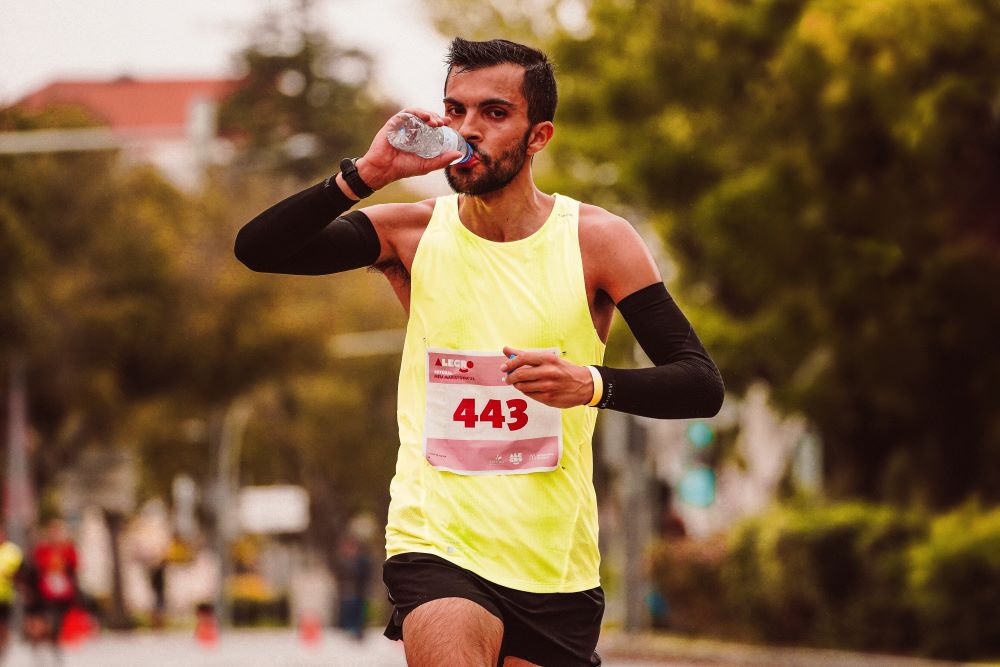Ultramarathon runners, even seasoned ones, often face unexpected stomach challenges during races. Pushing limits in extreme conditions can swiftly turn a promising race into a digestive disaster when the body rejects fuel. Victorious runs are possible if you have the best shoes, check out Tarkine Goshawk V2 running shoes.
While there’s abundant advice on ultrarunning nutrition, little attention is paid to training the body to handle race-day stresses. Some struggle indefinitely with digestive issues during endurance events. Yet, there’s hope for improvement. Here are strategies to refine your nutrition regimen during training, preparing your gut for race day.
- Continuous Nutrition Integration: During long training runs, it’s common to take breaks for scenic views, photos, and a snack. While enjoyable, it doesn’t mirror race conditions. To prep for racing, practice eating and drinking while on the move. This mirrors quick pit stops at aid stations, which are crucial for time-sensitive goals.
Additionally, mastering eating and drinking while running, especially on demanding trails, is vital. Practice accessing and consuming nutrition seamlessly while in motion.
- Fueling Amidst Intensity: Ultramarathons strain the body immensely. Replicating mile 70 or 80 conditions during training isn’t feasible. However, practicing eating and drinking during intense efforts, such as trail tempo runs, prepares for late-race fueling challenges. It conditions the body mentally and physically to consume fuel while under strain.
View this post on Instagram - Simulate Aid Stations: Even if you plan to rely on personal nutrition, testing race aid station items is wise. There’s always a chance of logistics failing. Familiarize yourself with aid station offerings by setting up mock stations during training runs. This helps you efficiently refuel and adapt to aid station provisions.
- Consistent Fueling in Training: While metabolic efficiency strategies are beneficial, replicate race-day calorie intake during a couple of long training runs. Gut adaptation is crucial. Don’t underestimate calorie demands during training when your race will require significantly more.
Preparing your gut for ultramarathon challenges demands strategic training. By simulating race conditions and refining nutrition practices during training, runners can equip themselves to tackle the unpredictable demands of endurance events.




 Additionally, mastering eating and drinking while running, especially on demanding trails, is vital. Practice accessing and consuming nutrition seamlessly while in motion.
Additionally, mastering eating and drinking while running, especially on demanding trails, is vital. Practice accessing and consuming nutrition seamlessly while in motion.












